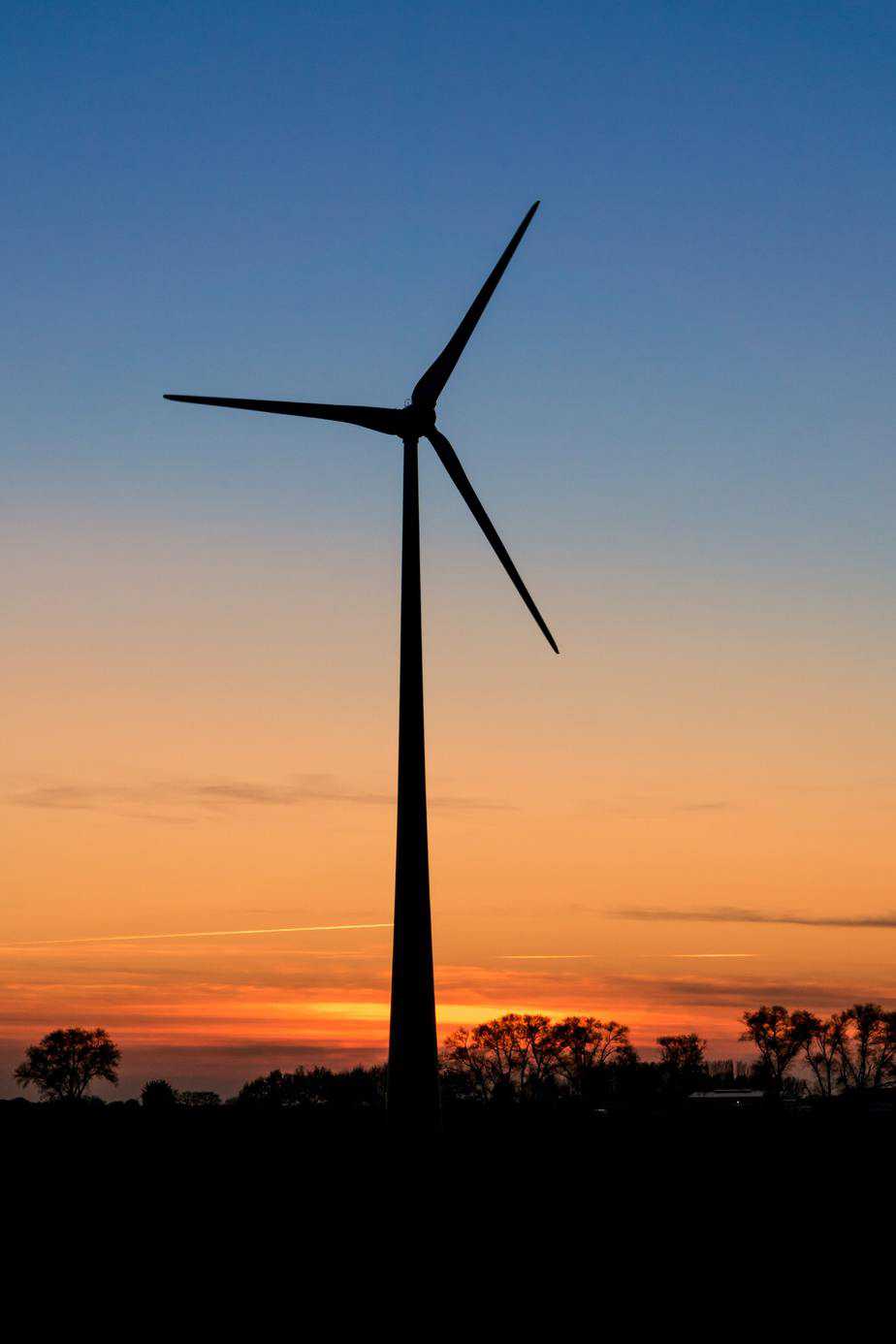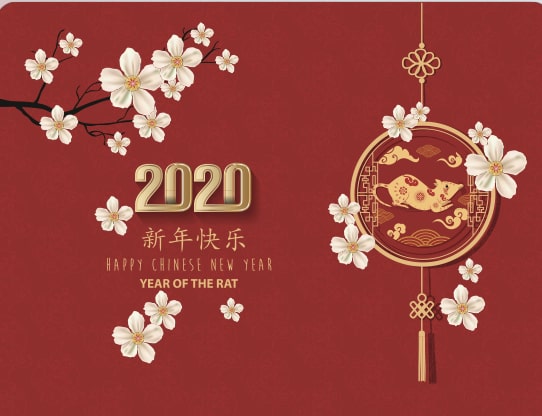
Happy Lunar New Year!
The first day of Lunar New Year (LNY) fell on January 25 this year. It falls on a different date each year as it follows the lunar calendar ie the movements of the moon as opposed to the Western Gregorian calendar. Generally, LNY falls between mid January and mid February.
2020 is the Year of the Rat. There are 12 animals to represent each year in the Chinese zodiac. The animals are Rat, Ox, Tiger, Rabbit, Dragon, Snake, Horse, Goat, Monkey, Rooster, Dog and Pig. If you are curious, you can find out your Chinese zodiac animal here, based on your birth year. And I will refer you to The Dragons on FIRE’s excellent post, Zodiac animals on FIRE for the story of the animals and how they may relate to FIRE.
I absolutely loved celebrating Lunar New Year when I was a child. There was so much to look forward to – celebrations were colourful and noisy with lots of feasting and visiting of relatives and friends. We wore new clothes and received cash in red envelopes. Celebrations last for 15 days, culminating with another feast.
Celebrating LNY is steeped in tradition, customs and superstition. What I did not appreciate as a child was that everything we did to welcome the new year was to make sure we ushered in a year of good luck and prosperity, both of which are highly valued in Chinese culture.
From the traditional greeting of ‘May you attain greater wealth’ to the foods we eat with our family on LNY eve – all are aimed at increasing prosperity and good fortune for the new year.
This is a fun post on how we can usher in a year of great fortune and prosperity by observing some LNY customs.
I will explain this theme below, based on what I grew up with and learnt over the years from conversations with my elders. There is no definitive guide as such. Our family is part of the overseas Chinese communities in South East Asia and Australia – we learn our traditions and customs from everyone else.
The preparation
Preparation for LNY start months before.
We have to decide which side of the family to travel to for LNY. Traditionally it should be the paternal side but my mother’s family was a lot closer so we spent many LNY with them.
Special LNY cookies and snacks must be ordered from enterprising home cooks. These will be available for the visitors to our home. A big part of the custom is to visit our families on the first and second day of Lunar New Year. Then we visit friends on the other days but not the third day. It is bad luck to visit anyone on the third day – you will end up with a year of quarrelling with that family!
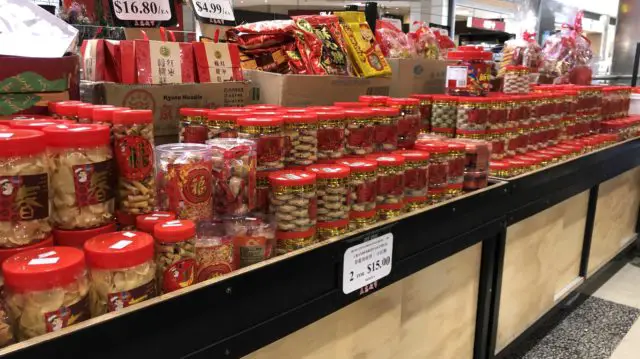
The house must be cleaned thoroughly. There is no cleaning or sweeping on the first day of LNY as you would be sweeping away your fortune. I asked my mum once if we are allowed to vacuum instead. Her wise reply – better not, just in case.
LNY is obviously not a public holiday in Australia – what a dilemma it is for us for when the weekly garbage disposal happens to fall on the first day of LNY! Chinese families will not put the bins out. In the past I haven’t cared but maybe now in the pursuit of FI, I should not throw away my fortune.
Children get a set of new clothes to wear on the first day of LNY. Traditionally, we wear something red (maybe just underwear) on the first day. Red is an auspicious colour – symbolises good luck and happiness.
My mother would remind us that when she was growing up, LNY was the only time they received a set of new clothes. And that we were fortunate to receive new clothes throughout the year. But for us, wearing new clothes (in red) at LNY was still very special.
Everyone has a hair cut before Lunar New Year. I think it has something to do with not using knives or scissors on the first day of LNY. It is akin to cutting away our fortune.
This is important in the FI context – debts are cleared before the first day of LNY. This is to start the new year with a clean slate. I’m not sure how this applies to a mortgage. I just remember my mother telling us we mustn’t owe anyone money on the first day of LNY. Perhaps owing money to a financial institution is acceptable!
Greetings

There are other greetings such as Happy New Year but the overwhelmingly most popular greeting is “May you attain greater wealth” – Gong Xi Fa Cai (pronounced in Mandarin) or Kong Hee Fatt Choy (pronounced in Cantonese and Hakka- slightly different intonations).
As children, we were taught this as the polite greeting to greet our elders during LNY. This is the most basic greeting that everyone is expected to exchange. For the elderly, we’ll add the greeting of ‘Wishing you long life and good health’.
We don’t talk about money at other times with friends and family, maybe about the cost of goods and how expensive life is getting. But it is imperative at LNY to wish everyone a prosperous year ahead.
Red Envelopes or Packets – Hong Bao

As children, this is the absolute best tradition of LNY. We look forward to receiving these little red envelopes – hong bao -filled with cash from our elders – our parents, grandparents, married uncles and aunties, friends of the family.
The cash must be new bank notes, not crumpled ones from your wallet. My mother would queue at the local bank branch to withdraw crisp new notes. And stuff the envelopes with different denominations in preparation.
Upon wishing our elders greater wealth, we will be handed these red envelopes. Depending on the closeness of the relationship and the general wealth of these family members, we could expect $10-$20 in each envelope, sometimes from each adult eg both uncle and uncle’s wife would give us an envelope each, sometimes uncle and aunty would give one envelope only. Friends would give $2 each – this was in my childhood. I have no idea what the going rate is nowadays.
So our prosperity is already ensured!
It is not polite to open the envelopes immediately. When our visitors leave, or when we leave, we would eagerly open the envelopes and exclaim at the cash inside. My mother would be anxious to confirm what we received – she would be embarrassed if we had given less than what we received.
We were very fortunate growing up. Our hong bao money were ours to keep. While we exclaimed gleefully, counting how much we received, my mother would remind us that they had to give away a similar amount. It can be a very expensive time for the grown ups. Both my parents would recount how they had to give their hong bao money to their mums to be recycled ie to be given to the next lot of visitors. They never kept their hong bao money for themselves.
Once the celebrations were over, my mother would take us to the bank to deposit our cash and show us the amount in our savings account bank book. (I am truly showing my age here!) And we would be happy that we were richer by a few hundred dollars.
In some families, gambling with your hong bao money is encouraged. It helps to bring in your new wealth (that is, if you win, I suppose!) It can be a fun and gregarious time, playing cards or mah jong with family, trying to win your first fortune of the year.
Eating food with symbolic meaning
The food eaten to celebrate LNY is filled with symbolism.
Chinese love word play – especially homonyms – words that sound the same (pronounced similarly) but mean something else.
For example, the traditional LNY cake made from glutinous rice flour and sugar is named nian gao, literally meaning year cake. But gao, written in a different way also means ‘high’ or ‘tall’. So nian gao can mean year high. It is therefore considered good luck to eat nian gao at LNY – to signify better (higher) prospects in the new year.
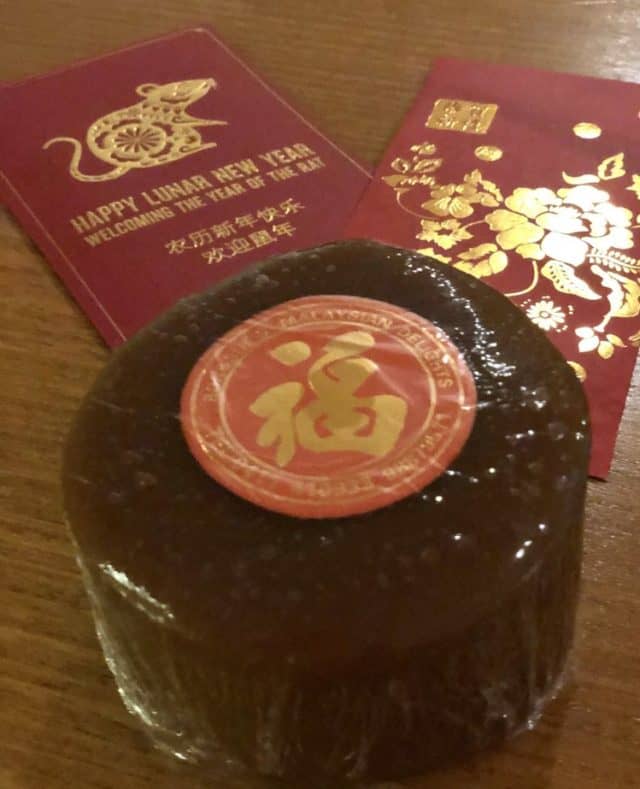
The mandarin fruit is also displayed at home – its pronunciation sounds like ‘gold’ in Cantonese and therefore signifies prosperity. Unfortunately in Australia, mandarins are unavailable during LNY (seasons are upside down here)
The biggest feast with the most symbolism is reserved for the Reunion dinner, so named because everyone returns to the family home to share a meal on the eve of LNY.
Some of the foods served in my family will include:
Fish – sounds like surplus – to signify abundance
Sea moss (that looks like hair, known as hair vegetable) – to signify increased wealth
Lettuce – to signify life
Oysters – dried – sounds like good luck, good things or good business
Abalone – signify good fortune
Shitake mushroom – symbolises longevity
There will always be chicken (whole, including head and feet – symbolising completeness) and duck (for fertility)

It is fascinating to compare notes with Chinese friends from other countries in regards to what they eat on LNY eve. Some eat dumplings to signify prosperity – parcels of gold. The food varies depending on your region of origin.
I double checked my understanding of the various symbolism here, just in case I misunderstood my elders.
Lion dance
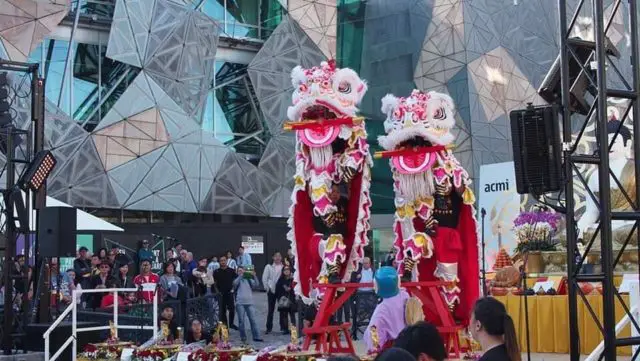
I love the spectacle of lion dance more than getting red envelopes at LNY.
Lion dance is traditionally performed at LNY, though it is also performed at important occasions such as opening of a new business and weddings. The drums, cymbals, gongs and firecrackers accompanying the dance are meant to scare off the evil spirits in the new year.
It is highly skilful to be able to manoeuvre the head of the lion and back breaking for the fellow at the back flapping its tail. Together they work in unison, at times employing various acrobatic movements for an exciting performance.
Growing up in South East Asia, we were most familiar with the Southern lion (pictured above), most likely due to many Southern Chinese migrating to South East Asia.
During LNY, lion dance troupes visit businesses and perform in front of each shop in return for a hong bao. This will bring good fortune and prosperity to the business. And the wealthy often invite lion dance troupes to perform in their front yard, thereby ensuring another year of success.
Dragon dance was not as popular when we were growing up. But since living in Melbourne, I have enjoyed watching dragon dances and love how the performers intertwine together to simulate the rhythmic movements of a dragon.
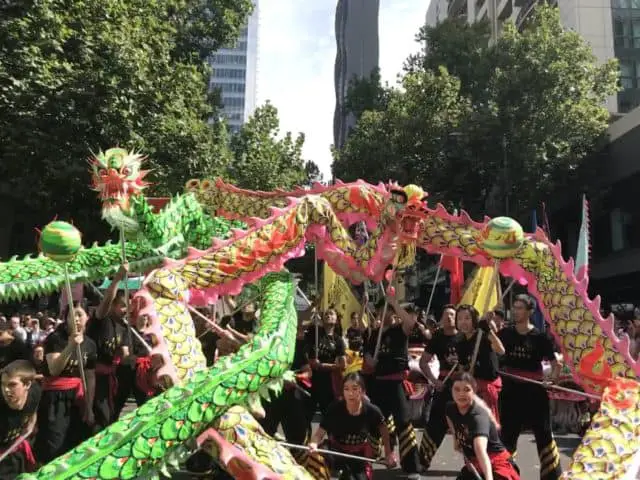
Final thoughts
Please be assured that I understand the only real way to increase wealth is to increase your savings and invest those savings over many years. No amount of eating sea moss is going to make me wealthier!
But it is so much fun to participate in some of these traditions and customs associated with Lunar New Year. And whether you believe it or not, like my mother said – just in case!
Wishing you all a Happy Lunar New Year! May you attain greater wealth, happiness, peace and good health in the year ahead 🙂

